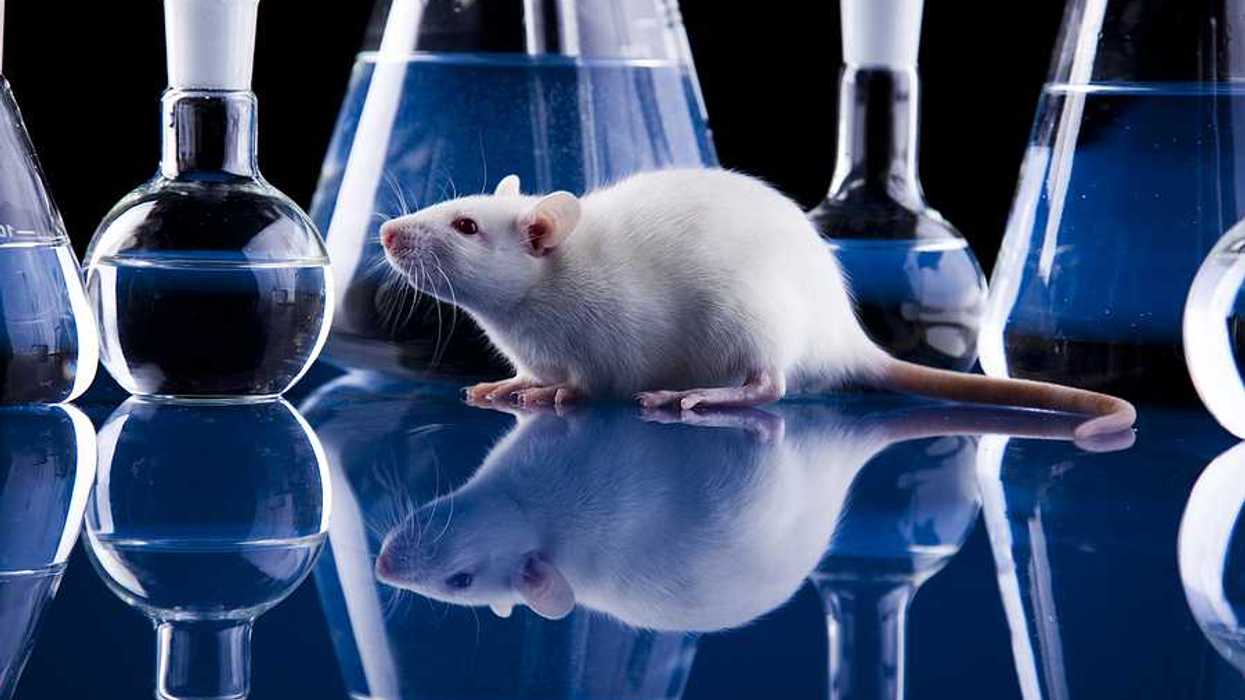Georgia will bar some lawsuits against pesticide manufacturers, joining North Dakota in offering legal protection to companies like Bayer amid thousands of claims that Roundup weed killer causes cancer.
David A. Lieb reports for The Associated Press.
In short:
- Georgia Gov. Brian Kemp signed legislation protecting pesticide companies from certain cancer-related lawsuits, provided they follow federal labeling guidelines.
- Bayer, which owns Roundup, faces over 67,000 unresolved lawsuits alleging that the herbicide glyphosate, Roundup’s key ingredient, causes non-Hodgkin lymphoma.
- The law takes effect Jan. 1 and will not impact existing cases, including a $2.1 billion jury award issued in March to a Georgia man.
Key quote:
The new law "demonstrates that Georgia stands with its farmers, who work tirelessly to produce safe and affordable food.”
— Brian Naber, president of Bayer’s crop sciences in North America, Australia and New Zealand
Why this matters:
Pesticide companies are effectively pushing to override local control, allowing them to operate with fewer restrictions. It’s a high-stakes play, with public health on the line as communities worry about pesticide exposure while corporate political action committees work behind the scenes to rewrite the rulebook. Glyphosate, the main ingredient in Roundup, remains one of the most widely used herbicides in agriculture. When states block legal claims, they limit one of the few mechanisms citizens have to challenge powerful industries and force transparency about product safety. As more states consider similar laws, the stakes for public health keep rising.
Related:














